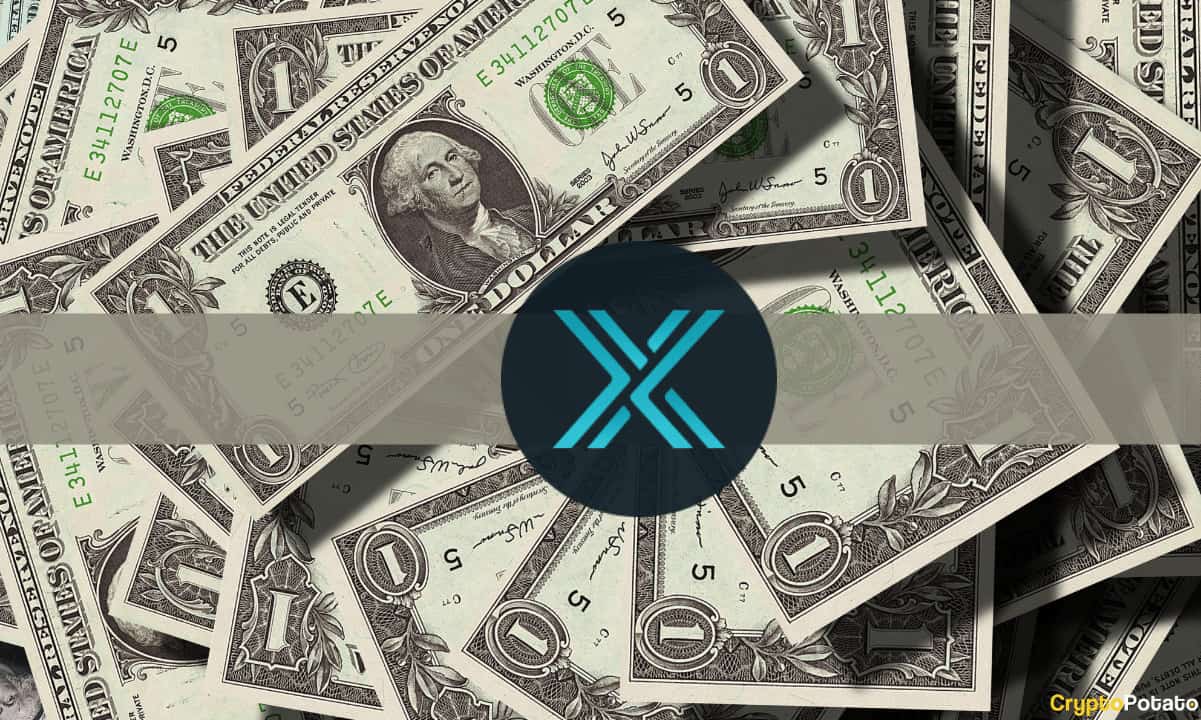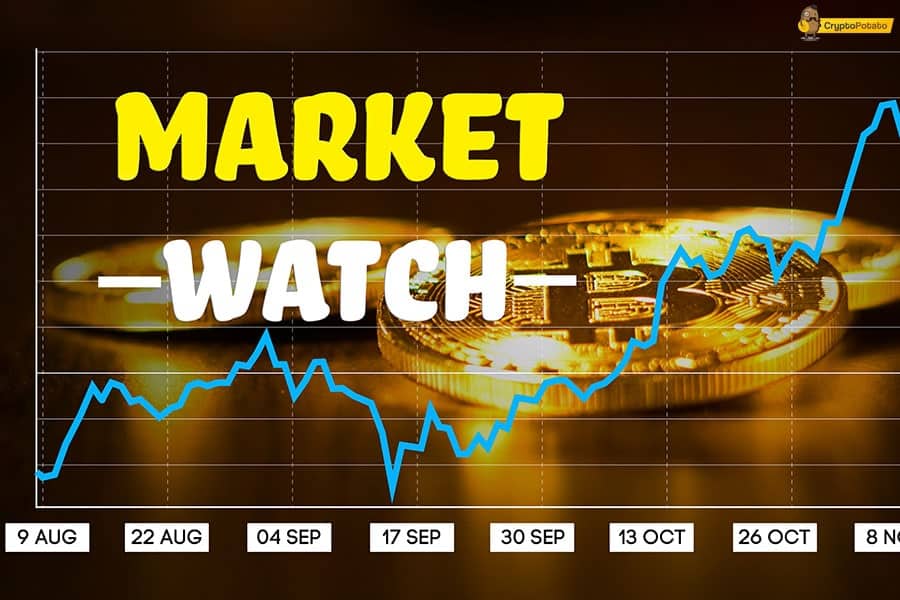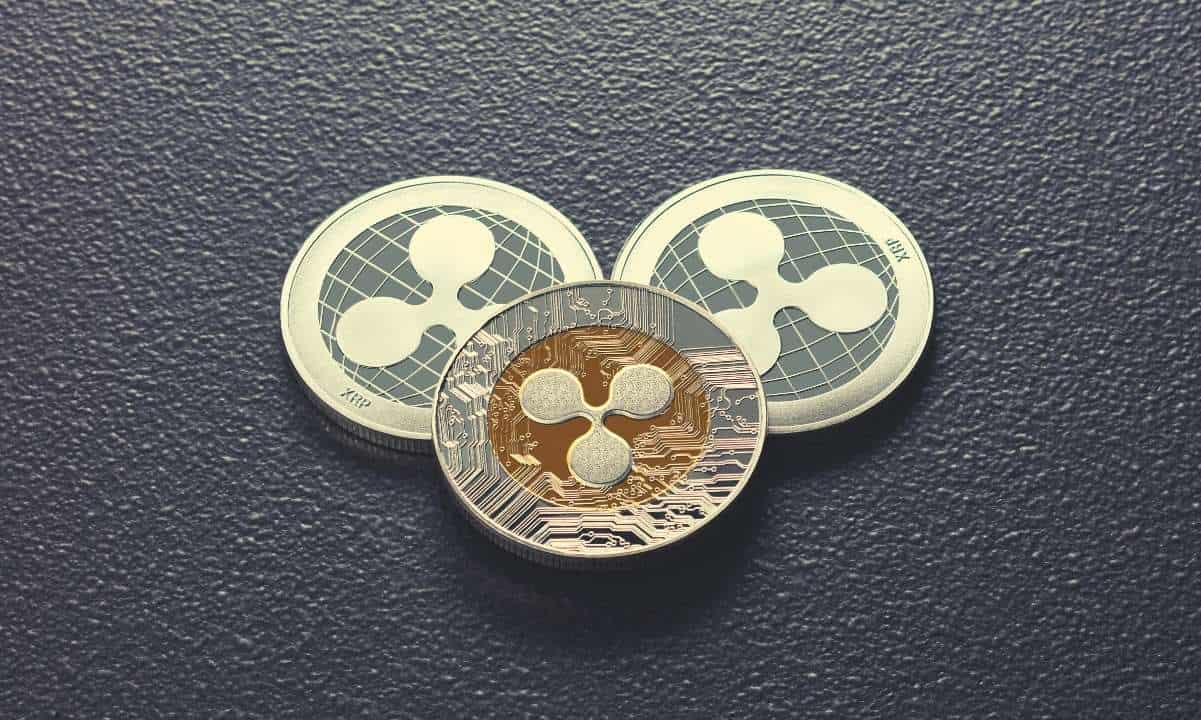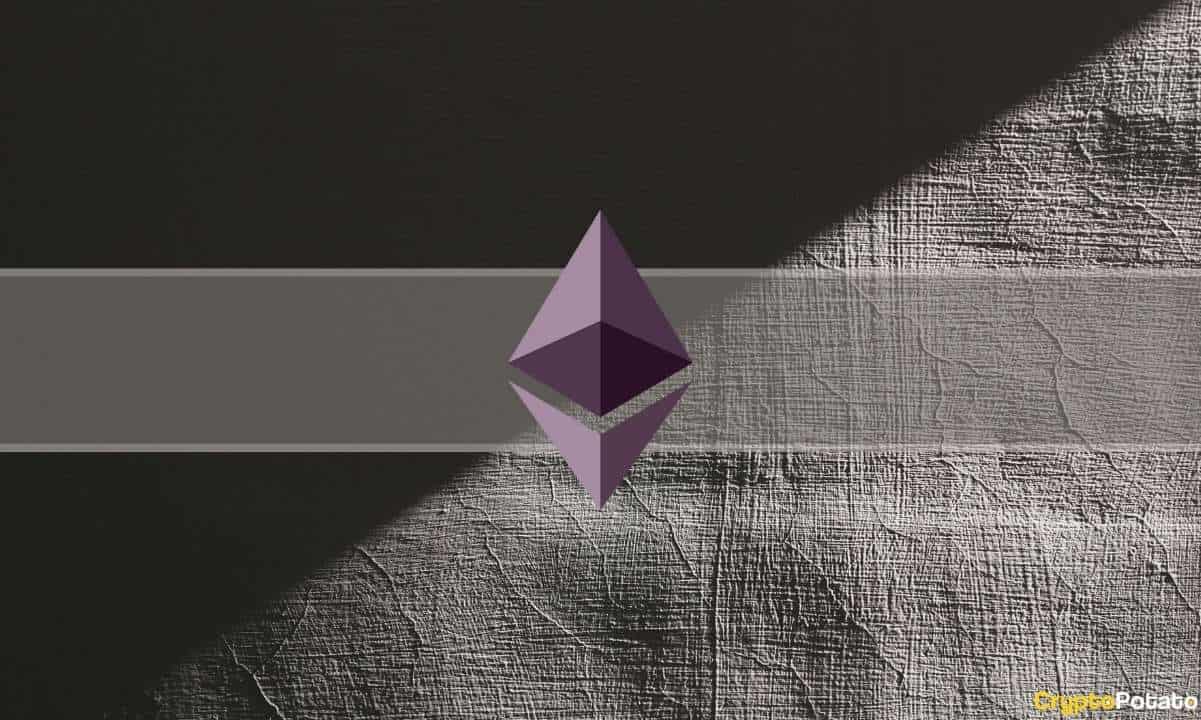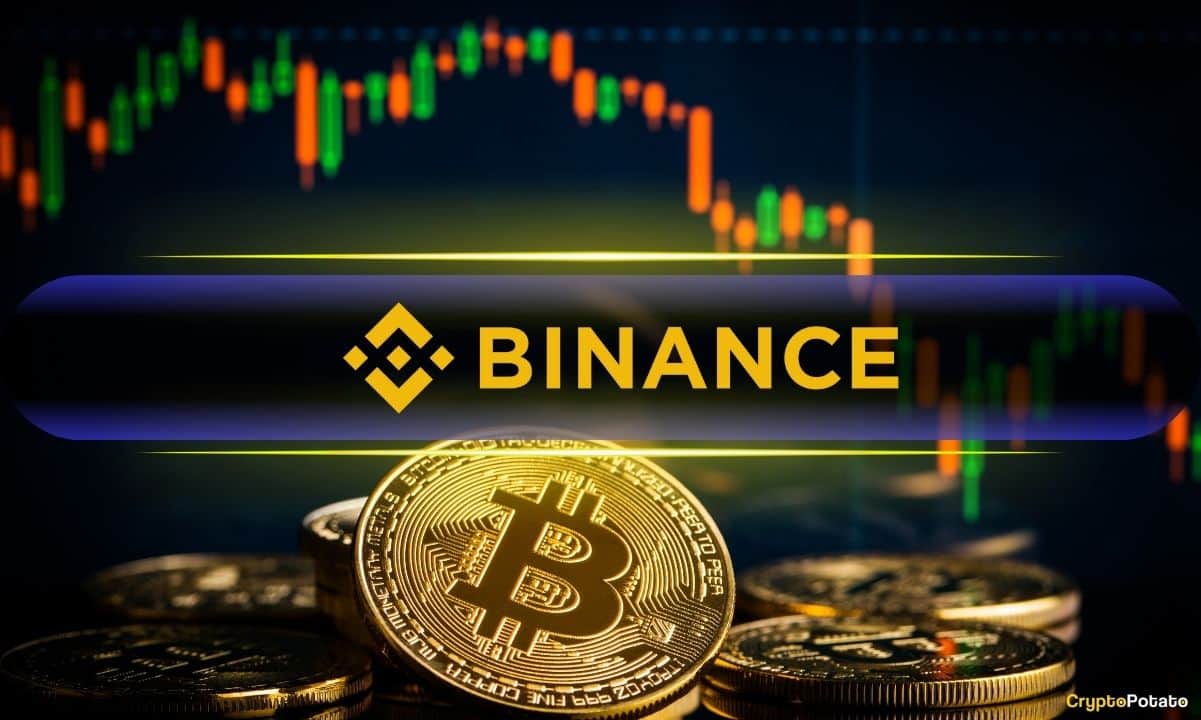50% of German Crypto Investors View Digital Assets as Long-Term Investment (Survey)
According to a KuCoin research, 49% of German crypto investors believe digital currencies could help them achieve long-term wealth accumulation plans. Every fourth thinks the asset class could serve as a store of value amid the current economic turbulence.
Most German crypto investors fall in the Generation Y demographic group, also known as Millennials (those born between the 1980s and the late 1990s).
A Closer Look
The survey revealed that Millennials account for 51% of the total number of cryptocurrency investors in Germany, while Generation X (those in their 40s and 50s) is second with 30%.
Digital assets are usually an interesting matter for youngsters as they are more open-minded toward innovations. However, Generation Z (those aged 18-25) represents only 19% of all Germans with exposure to the crypto market.
The biggest share of people hopped on the bandwagon less than three months ago, whereas 15% have done so in the past half a year. One possible reason behind that interest could be crypto’s revival since the start of 2023. Bitcoin, for example, finished 2022 at around $16,500, while currently, it is well above the $30,000 level.
Every fourth German crypto investor entered the ecosystem to diversify their portfolios. 30% find investing in digital assets “convenient,” whereas 22% want to get rich overnight.
The most popular use cases for crypto in Germany include trading, online shopping, purchasing non-fungible tokens (NFTs), HODLing/staking, accepting/paying salaries, and others.
Unsurprisingly, Bitcoin (BTC) is the primary crypto investment choice for locals, with 64% of the investors having exposure to it. 40% have bought Ethereum (ETH), while 26% have bought NFTs.
KuCoin believes the cryptocurrency landscape in Germany is “evolving.” It sees this as a “promising sign, considering the rapid pace at which the crypto market develops and adopts emerging technologies, such as artificial intelligence (AI), augmented reality (AR), virtual reality (VR), and more.”
In addition, the company argued that interest in Ethereum and other similar projects indicates the potential of an upcoming Web3 revolution in Europe’s strongest economy.
Germany’s Pro-Crypto Stance
Another survey carried out by Coincub estimated that the European country is the most crypto-friendly nation for Q1 2022. Germany’s acceptance of the asset class and its “groundbreaking decision” to allow investments helped for the top position, the entity outlined.
Shortly after, the German authorities doubled down by making the sale of BTC and ETH tax-free if those assets were held for over 12 months. Prior to that, people had to keep such holdings for ten years to be exempt from taxation.
Unlike other European countries, Germany has imposed some regulations in the past few years. Legislation that was approved in 2020 requires all cryptocurrency exchanges operating inside the nation’s borders to secure a license from the Federal Financial Supervisory Authority (BaFin). Such entities must also hold a minimum amount of capital and comply with anti-money laundering policies.
The post 50% of German Crypto Investors View Digital Assets as Long-Term Investment (Survey) appeared first on CryptoPotato.

